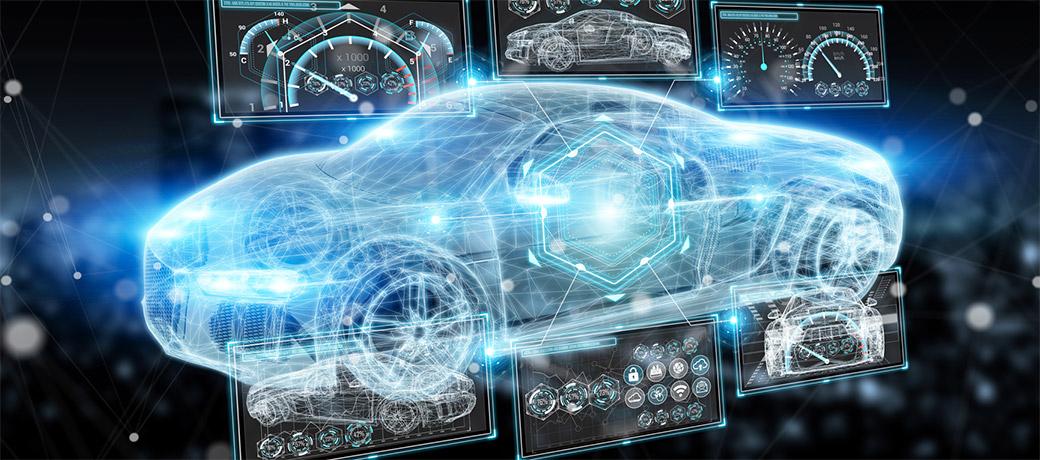
In brief
Presentation
As we stand on the brink of a new era in automotive technology, our electric powertrain specialization prepares you to lead the charge in developing sustainable, high-performance electric vehicles. Join us to be at the forefront of innovation and contribute to a greener future.
Training objectives
Electric powertrains are the cornerstone of tomorrow’s mobility solutions, offering environmental benefits and driving economic growth through technological advancements. The Powertrain Engineering program is designed to provide comprehensive knowledge and practical skills in the development of advanced electric powertrain systems. This program integrates theoretical learning with hands-on experience to ensure you are industry-ready. Specializing in electric powertrains, you will delve into the intricacies of electric machines, power electronics & control, battery technologies, and vehicle integration, preparing you to address the challenges of modern automotive engineering. You will also study sustainable energy systems including the production of electricity from renewable energy sources and its integration in the distribution network.
As the nature of our studies lies on practical experience, you will engage in hands-on experiments and projects to apply theoretical knowledge, collaborate with industry partners on real-world projects, gaining practical insights and experience. Learning from distinguished experts and industry professionals with extensive experience ensures that the curriculum incorporates the latest innovations and advancements in the field.
The key points of the program
Career prospects for graduates
Program & planning
Program content
The program covers 4 main domains, the concepts and methodologies taught being later applied to a final technical and economic development project, followed by a professional integration period within a company (4 to 6 months).
The program is built around 12 comprehensive teaching units (TUs) that provide a holistic, systems-level understanding of the electric powertrain and its ecosystem, including:
- TU1 - Fundamentals of electric drives & transportation electrification
- TU2 - Electricity, power generation, market, legislation and environment
- TU3 - Powertrain architectures, integration, and safety
- TU4 - Electric Machines
- TU5 - Power Electronics
- TU6 - Batteries
- TU7 - Energy distribution and vehicle infrastructure
- TU8 - Design, Diagnostic, Characterisation & Integration of Electric Machines
- TU9 - Design & Integration of Power Electronics
- TU10 - Propulsion, power electronics & electric machine control
- TU11 - Design, durability, manufacturing & valorisation of Batteries
- TU12 - Data Analysis &IA
Program schedule
The two examples of schedules shown below correspond to the most frequently encountered cases:
-
a 16-month continuous program for students with a 4- or 5-year degree;
-
an alternating school/company 16-month program.
Other possible case:
-
22-month alternating school/company program for students in their penultimate year of a major European school or university having signed a double-degree agreement with IFP School.
Career opportunities
Graduates can pursue careers in electric powertrain design, working on cutting-edge projects and innovation or engage in R&D roles focused on improving electric powertrain technologies and developing sustainable solutions through the use of modelling, simulation, testing or calibration. The goal is to ensure the quality and performance of the electric powertrain system and its components. Take the next step towards an exciting career in electric powertrain engineering. Apply now and shape the future of automotive technology.



